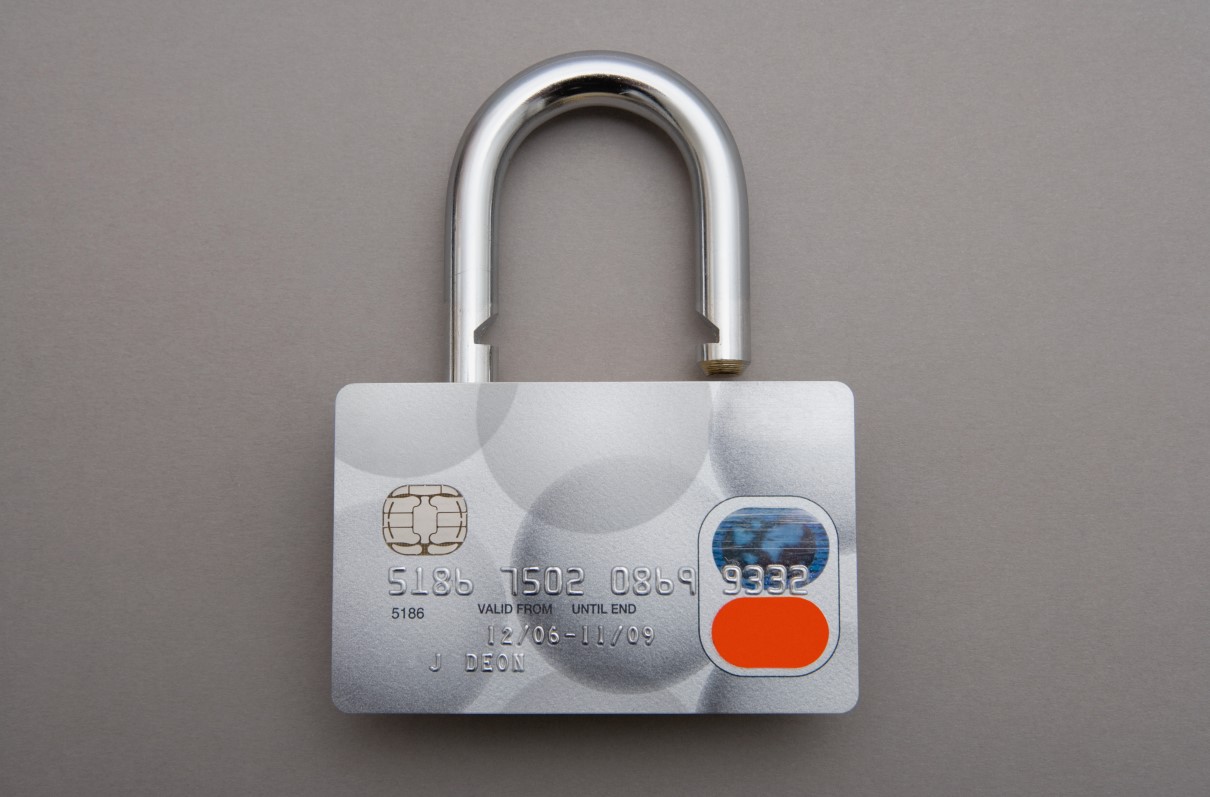By Michael R. Kalas, CFP®, AIF®, CAPT USN (Ret), MOAA Life Member
Many thousands of dollars are transferred monthly for clients at financial services firms. Most of the transfers are automatic when clients set up an electronic funds transfer (EFT) to or from their investment accounts and their bank or credit union. These are safe and secure transfers that happen automatically because clients have set them up and approved them in advance.
We get many requests per month to make a one-time transfer or wire when something special comes up, like buying a new car or house, or paying taxes. While these transfers may be to a bank or credit union we have on file, when the request comes in by email, our policy is to talk to the client and verify the transfer.
This second, positive verification ensures that funds that are leaving their accounts are the correct amount, going to the right account or payee, and that they are authorizing this transfer. This extra step may take a little longer, but we think it is necessary to safeguard our clients’ funds.
[RELATED: Don’t Be Scammed — Part 1: Be Alert]
Several times a year we hear of some type of scam or hacking that may happen to one of our clients. Here are some tips on how you can minimize the chances that you will be a victim:
- Many people have found it is best to have a separate email account for financial transactions only. This is only useful if you don’t give this private email address out for routine business to friends or post it to social media websites or for retail purchases. Use it only for dealing with your financial institutions for bill paying, money transfers, etc. For additional security, you can purchase a subscription to one of the newer email services using end-to-end encryption in a country that maintains a high level of privacy and security like Norway or Switzerland.
- Don’t put outgoing mail in your home mailbox. We have heard of situations where mail is stolen, and checks altered to pay out a higher amount to the thief.
[RELATED: Don’t Be Scammed — Part 2: You’re the Victim]
- Do you know that one in seven people change their address every year? The U.S. Postal Service will accept electronic and mailed applications for address changes without verifying an ID. We heard of a scam this year where someone didn’t get mail for several days only to discover that someone else had submitted a change of address for them and was getting their mail including bank and brokerage statements.
- Don’t cash checks from anyone you don’t know. Your signature might be authorizing a high interest loan.
- Don’t give passwords, Social Security numbers, or account numbers to anyone you don’t know.
[RELATED: Don’t Be Scammed — Part 3: Prevention]
While we hear of hacks and scams, following a few rules can help you avoid being a victim of a scam. Please be sure to notify your financial institution if you do have a password, email, or account number compromised so they can take action to safeguard your accounts.
Michael R. Kalas, CFP®, AIF® is a financial adviser located at Potomac Financial Private Client Group, LLC in Reston, Va. He offers securities and advisory services as a Registered Representative and Investment Adviser Representative of Commonwealth Financial Network®, Member FINRA/SIPC, a Registered Investment Adviser. He can be reached at 703-891-9960 or via email.


